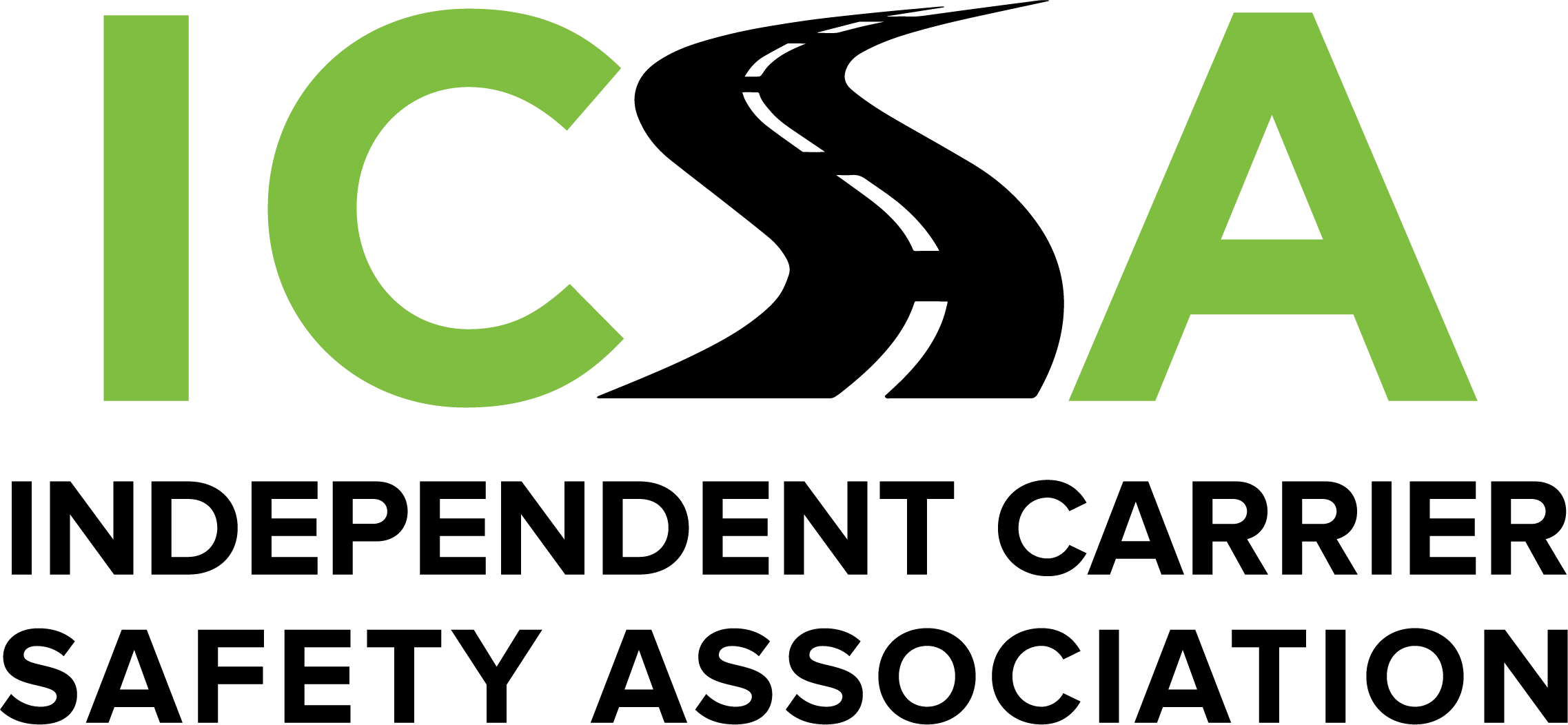Distracted driving continues to impact truck safety despite millions spent on information and education and increased fines for both drivers and fleet owners for use of a hand-held phone while a vehicle is moving. If you are a fleet owner, what requirements have you placed on your drivers as well as other company employees operating their vehicles in their line of work?
Doug Marcello, a well-known and respected trucking defense attorney, has provided specific recommendations on cell phone policies based on what he has seen in court cases. We are excerpting from a recent article Marcello authored.
When asked about cellphone policies, Marcello says his advice to carriers is to 1) recognize reality and 2) align with research. The goal is to have a defensible policy if an accident does occur.
Do your dispatchers refrain from calling drivers while they’re on the road? If you have a no-call policy that prohibits even hands-free calling, are your drivers following it? Will your drivers still make the "occasional" call? Do your videos show events with drivers on the phone hands-free?
The reality is that cellphones are ingrained in our lives. Marcello describes an accident case he was de-fending a few years ago in which the trucking company had little, if any, liability. However, the driver was photographed at the accident scene wearing his headset despite the company's "no-call" policy. The driver explained that he had put it on to call 911.
However, the plaintiffs produced a photo of the driver wearing his headset while driving. How did they get it? The driver posted the photo on his Twitter account. As a result, what should have been a no liability accident was undermined by the driver’s lack of credibility.
Do your drivers (and other employees) have the discipline to abstain from on-the-road calling? If not, recognize reality while having a cellphone policy supported by research.
FMCSA regulations allow for hands-free calling. When FMCSA issued its rule to combat distracted driving resulting from cellphone calls and texting, the agency based it on their own findings in a 2009 study. FMCSA found that "talking or listening on a hands-free phone provided a ‘significant protective effect’" from safety incidents. The report references other studies with similar findings. Consequently, the FMCSA recommended that drivers not be prohibited from talking on a cell-phone or CB radio as long as it was hands-free.
A recent study on commercial driver distraction and drowsiness found that "talking/listening on a hands -free device not only showed a reduced risk of being involved in a [Safety Critical Event]" but also resulted in reduced driver drowsiness for truck drivers. Read the full report.
Based on federal regulations and supported by the findings of the FMCSA study and the more recent 2021 report, we advise ICSA members to adopt a cellphone policy that permits hands-free calling/listening. If you need assistance crafting such a policy, send an email request to mike.hitchcock@safecarriers.org.
(Adapted from Marcello & Kivisto Newsletter: Cellphone Policy)

